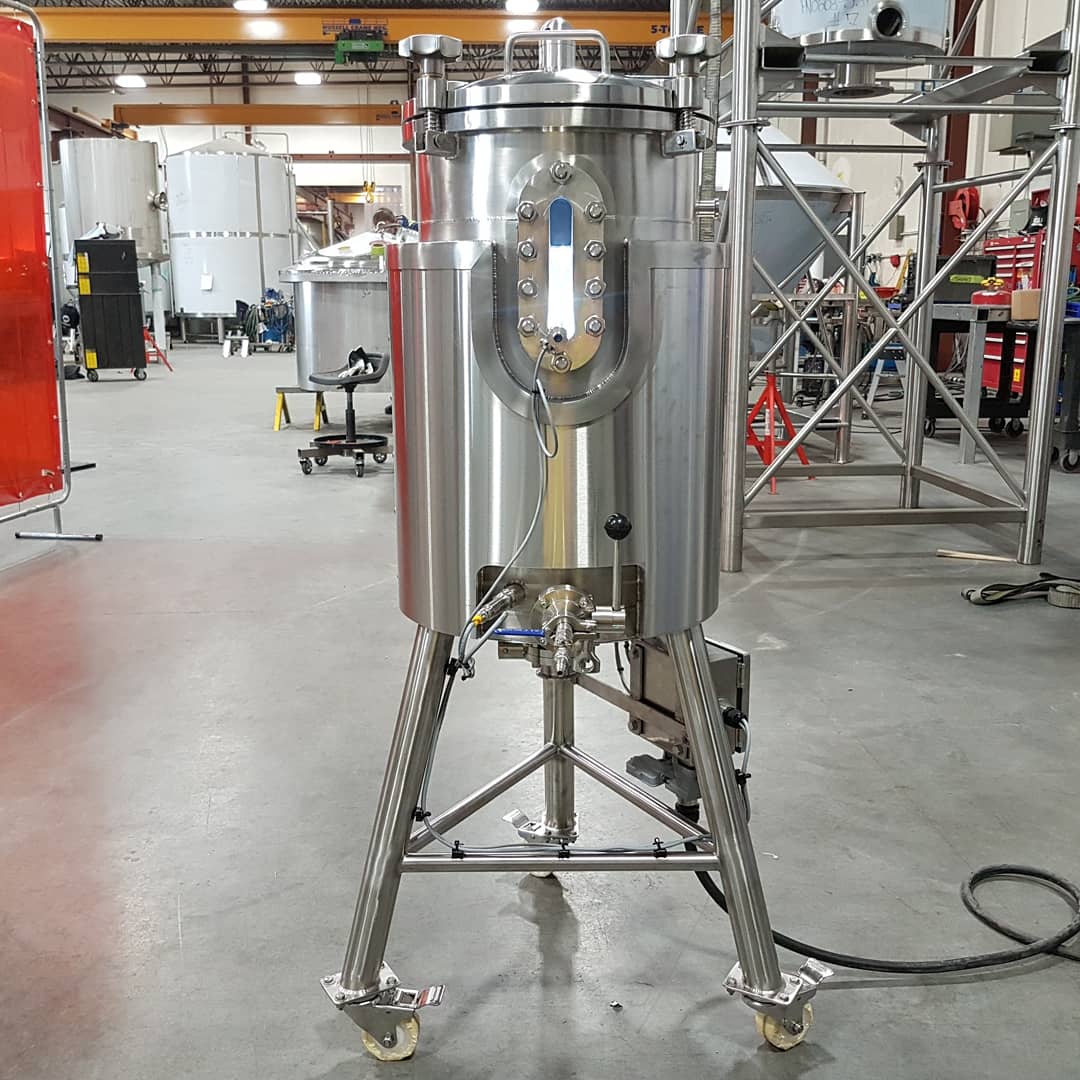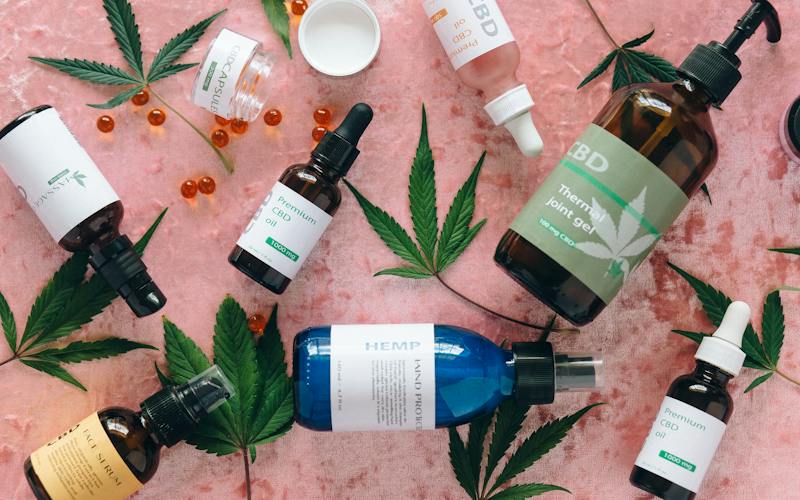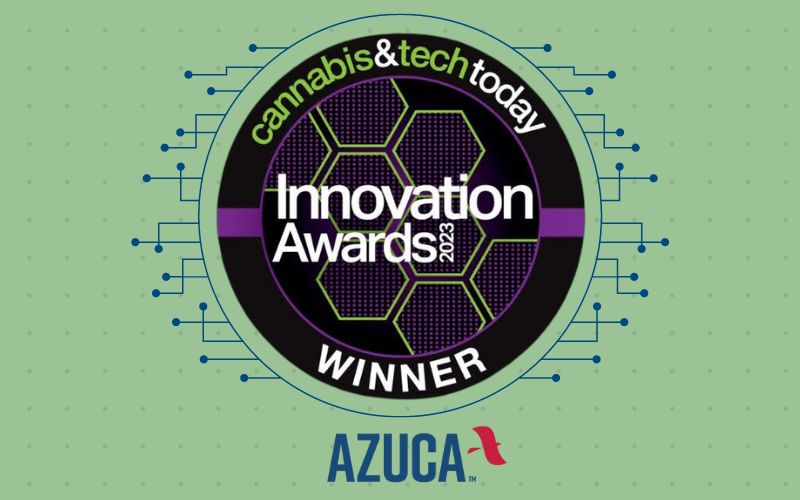It’s hard to ignore the full-spectrum obsession that’s currently flooding the cannabis market. Advertised as better and more effective than distillates and isolates, “fuller”-spectrum cannabinoid- and terpene-rich extractions have become the only choice for many. This is doubly true within the cannabidiol (CBD) sector.
Yet, the reality is that many full-spectrum products, especially edible options, are glaringly devoid of a robust terpene profile. That’s because, until recently, there were no commercially viable ways to preserve the plant’s natural and highly volatile aromatic profile within an oil, edible, or topical.
Now, new technology could upend how we approach full-spectrum edibles. For patients and consumers alike who prefer non-smokable extracts, Whistler Technologies’ Terp Reactor makes a terpene-rich edible oil possible, simplifying the entire process from wet hash through to final formulation.
The Full-Spectrum Fantasy in Edible Oils
In the beginning, when the full-spectrum label was first developed, it helped differentiate a phytochemically rich extraction from a distillate one. Over the years, the meaning evolved to speak to the possible synergies between the plant’s cannabinoids and terpenes. According to this idea, a fuller-spectrum product produces greater therapeutic potential.
The theory, known as the Entourage Effect, was popularized by Dr. Ethan Russo. It hypothesizes that cannabis’ phytochemical properties are more effective when used together than in isolation. While still in the early days of scientific analysis, it’s been widely adopted as a marketing tactic, especially in the CBD market.
Full-spectrum oil has quickly become the bread and butter of the CBD industry — and it’s working. According to a survey by the Brightfield Group, a whopping 82% of CBD consumers surveyed preferred full- or broad-spectrum (THC-removed) products over isolates.
But with literally thousands of full-spectrum options flooding the market and little to no regulated definition, this label has quickly become superfluous. Unlike more robust product labels, like organic, there are no industry guidelines for slapping the term “full spectrum” on cannabis-derived products. Consumers may find the promise of full spectrum appealing, but there are few brands out there with genuinely full-spectrum products.
What’s missing? In a word, terpenes. You’d be hard-pressed to find a full-spectrum CBD oil with a colorful terpene profile. Or a truly full-spectrum edible. Of course, live-flower processing and solventless extraction have helped improve terpene retention for the smokable recreational market, but there has never been a scalable solution for creating full-spectrum edibles and topicals.
Most are still produced with distillate or isolates; when not, the terpenes are largely destroyed during the standard ethanol or CO2 extraction processes.
Terpenes Missing From the Full-Spectrum Promise
Even though full spectrum is presumed to be more effective, patients who choose (or require) edibles and topicals instead of inhalables have been, for the most part, excluded from these benefits. Sure, there are terpene-rich live rosin dabs and vape pens, but vaping and smoking aren’t always great options in the medicinal world.
It’s a full-spectrum conundrum that has been on Daniel Lantela’s radar since 2015. As CSO for Whistler Medical Marijuana Corp., and now president and founder of Whistler Technologies, he’s dedicated the last eight years to developing a viable way to create a truly full-spectrum, terpene-rich cannabis oil — and to do so at scale.

When he first began working on this problem, Canada’s medical program didn’t allow for the production of smokable extractions. So at first, Lantela and his team wanted to develop a better edible oil than what was available at the time. But this mission quickly became more than just a regulatory workaround.
Among patients and consumers seeking a non-inhalable experience, Lantela discovered an eager market for a fuller-spectrum edible experience. So, at a time when there were no commercially available technologies capable of preserving a rich terpene profile in oils, the Whistler Technologies Terp Reactor was born.
Full-Spectrum Oils Are Getting an Upgrade
The simplicity of the Terp Reactor belies its innovation. For the edible and oil manufacturer, it removes a significant number of steps between extraction and final formulation. As Lantela explained, “Instead of drying the cannabis and doing a solvent extraction, then dewaxing and dissolving it back into oil, we’re just taking the trichomes off the plant and putting them right into the oil.”
The wet hash goes straight into the Terp Reactor. No drying or freeze-drying is required. The Reactor then gently mixes water, hash, and a hydrophobic, nonvolatile carrier oil (like MCT oil) under carefully controlled conditions to capture terpenes and ensure consistent decarboxylation.
For perhaps the first time in the industry, it’s now possible to consistently infuse the live properties of flower into an oil and do so at scale. Once decanted from the Reactor, it’s ready to use and can be further formulated into topicals, other edibles, sublinguals, and suppositories.
A Fuller Spectrum for Greater Therapeutic Effect
The terpene profile of Terp Reactor oils rivals that of live rosin. According to Lantela, at Whistler Technologies’ sister company, Earth Wolf Farms, they “usually see a 10:1 or a 5:1 cannabinoid-to-terpene ratio in our live rosins, and we see the same thing in our oils.”
Remarkably, the Terp Reactor typically produces a higher terpene ratio than what is found in dried cannabis flower.

Circling back to patients and the therapeutic potential of the Entourage Effect, Lantela believes such a robust terpene-rich profile could unlock medical benefits that the current body of scientific research has failed to capture.
As an example, he cited a 2018 study in Biochemical Pharmacology, which compared the anti-tumor effects of a pure THC extraction to a “botanical” ethanol extraction prepared from live cannabis flower. The study found an entourage effect, yet the researchers determined terpenes could not be directly attributed to these effects.
But, the botanical extraction had a cannabinoid-to-terpene ratio greater than 100:1. What would happen if this same study was replicated with a terpene-rich oil containing 10:1? As Lantela points out, studies like this are worth a redo with the full-spectrum oils now possible via the Terp Reactor.
Transforming Edibles Into Full-Spectrum Experience
With consumers in both the recreational and medical sides of the market increasingly using flavor and aroma to drive their purchasing decision, Whistler Technologies’ Terp Reactor has arrived at a pivotal moment for producers. By simplifying the processing, it protects the profile and delivers on the promise of a full-spectrum edible.
This article first appeared in Volume 5 Issue 2 of Cannabis & Tech Today. Read the full issue here.
Author
-
Jessica McKeil is a cannabis writer based in British Columbia, Canada. She has a passion for cannabis tech and scientific breakthroughs, which has led her to work with some of the industry's biggest brands. She is the owner and lead-writer of Sea to Sky Content (httpsss://www.seatoskycontent.com/); a content company focused on improving organic traffic through the power of words.







